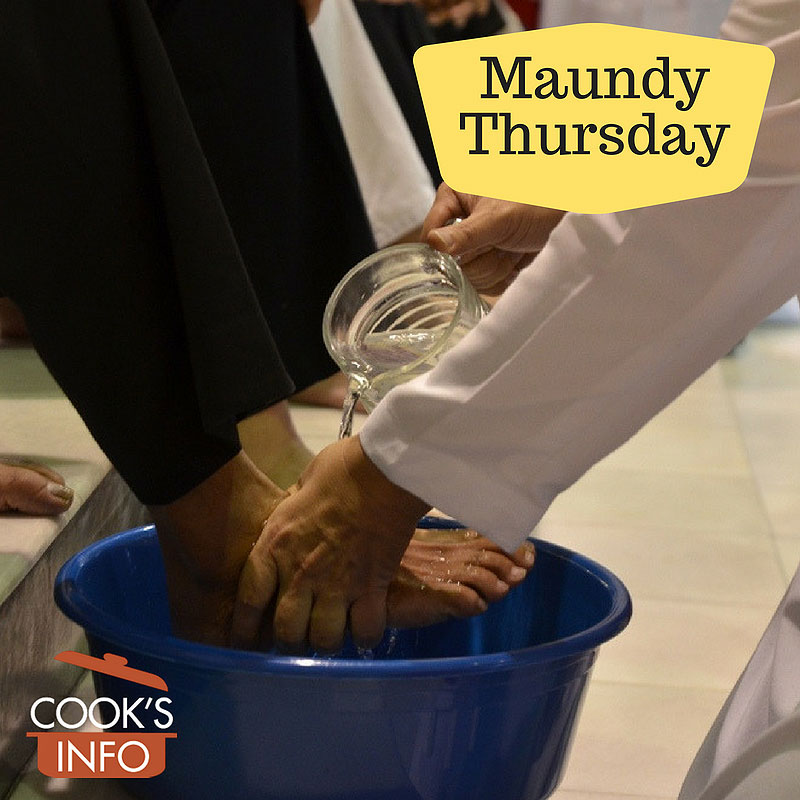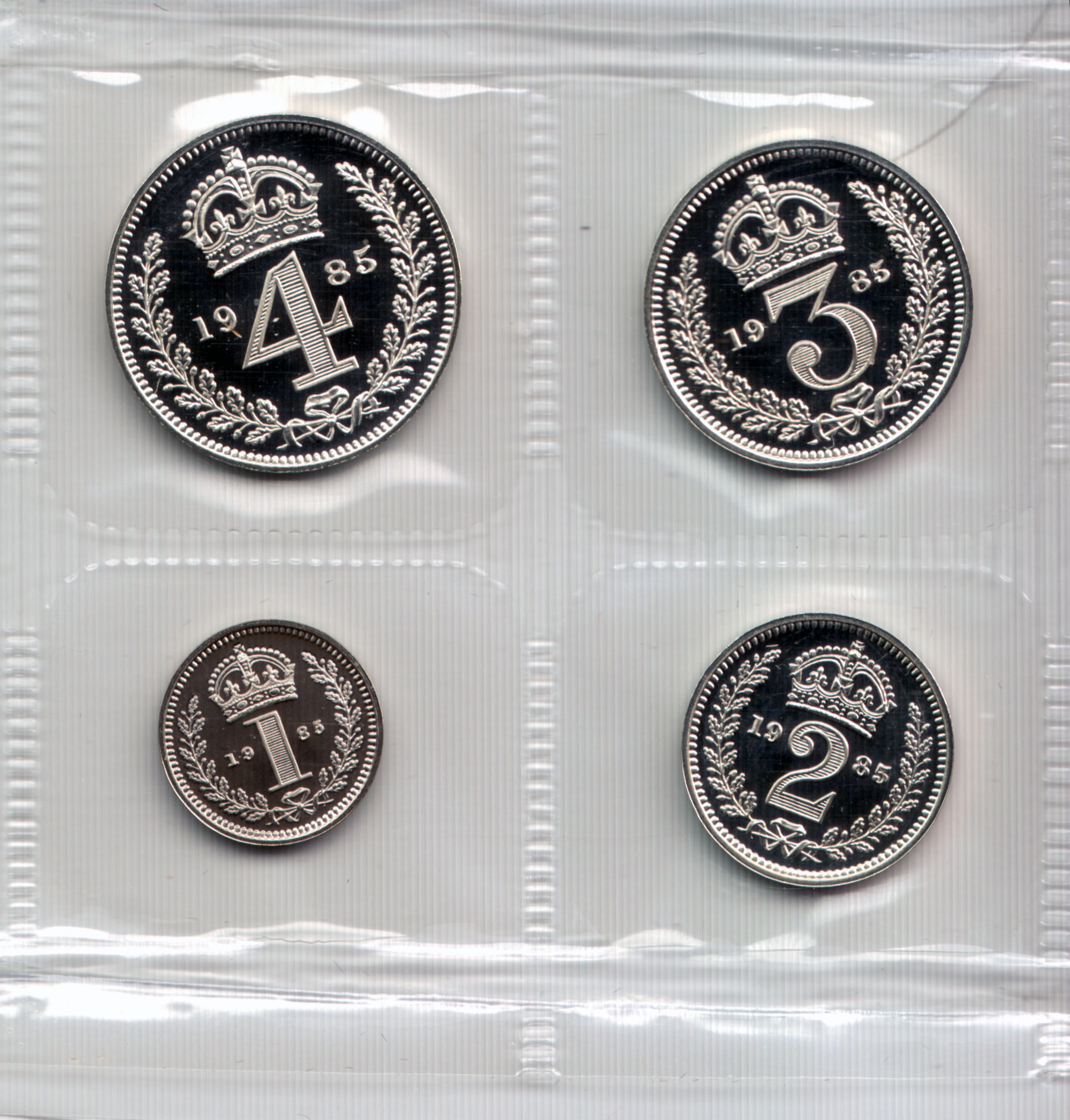
Foot washing. John Ragai / flikr / 2012 / CC BY 2.0
Maundy Thursday is the Thursday immediately before Easter.
This was the day of the last supper, when Jesus washed the feet of his disciples.
It reputedly occurred on Passover, when Jews would be sitting down to eat the commemorative bitter herbs. Consequently, some people, particularly in France, serve dishes featuring herbs on this day, particularly bitter soups, containing perhaps dandelion greens or rocket.
Chervil is another herb used on Maundy Thursday, because it fits the green “herby” part, and because it tastes somewhat like myrrh, which was in the vinegar (or wine or verjuice) offered to Jesus on the cross.
Some French people take chestnuts to church to get the nuts blessed. The belief is that a chestnut blessed today, and touched on a part of your body that is not well, will cure you quickly.
In Britain, the Queen gives children Maundy money, which is specially minted coins. Up until 1689, the reigning monarch would have also washed the (pre-washed) feet of the poor in a ceremony at Westminster Abbey.

Maundy money. Wehwalt / Wikimedia / 2010 / CC BY-SA 3.0
In Lewis, Scotland, libations of ale would be poured into the sea at midnight before Maundy Thursday, in honour of an old sea-god called “Shony.” Someone would wade out into the sea with a mug of ale until they were in waist-high water, then pour out the ale, calling to “Shony” to give them lots of seaweed in exchange for the ale in the coming year. Then the men would have a party in the fields.
In Europe and in England, one of the most common dishes during Lent was red herring, so much so that people were pleased at the end of Lent to say good-bye to it for another year. In France on Maundy Thursday, boys would sometimes drag red herrings in the street behind them on Maundy Thursday. Now, conspiracy theorists drag red herrings into social media arguments.
#MaundyThursday
Language Notes
At the Last Supper, Jesus is recorded as saying, “And now I give you a new commandment…”.
Most sources believe that “maundy” comes from the Latin word for command, “maundatum”. Some people disagree with this, though: they postulate that it might come from an old Saxon word, “mand” / “maund”, meaning “basket”, referring to the basket in which the alms would be giving out by the Sovereign.
Also known in English as “Shere Thursday”.

